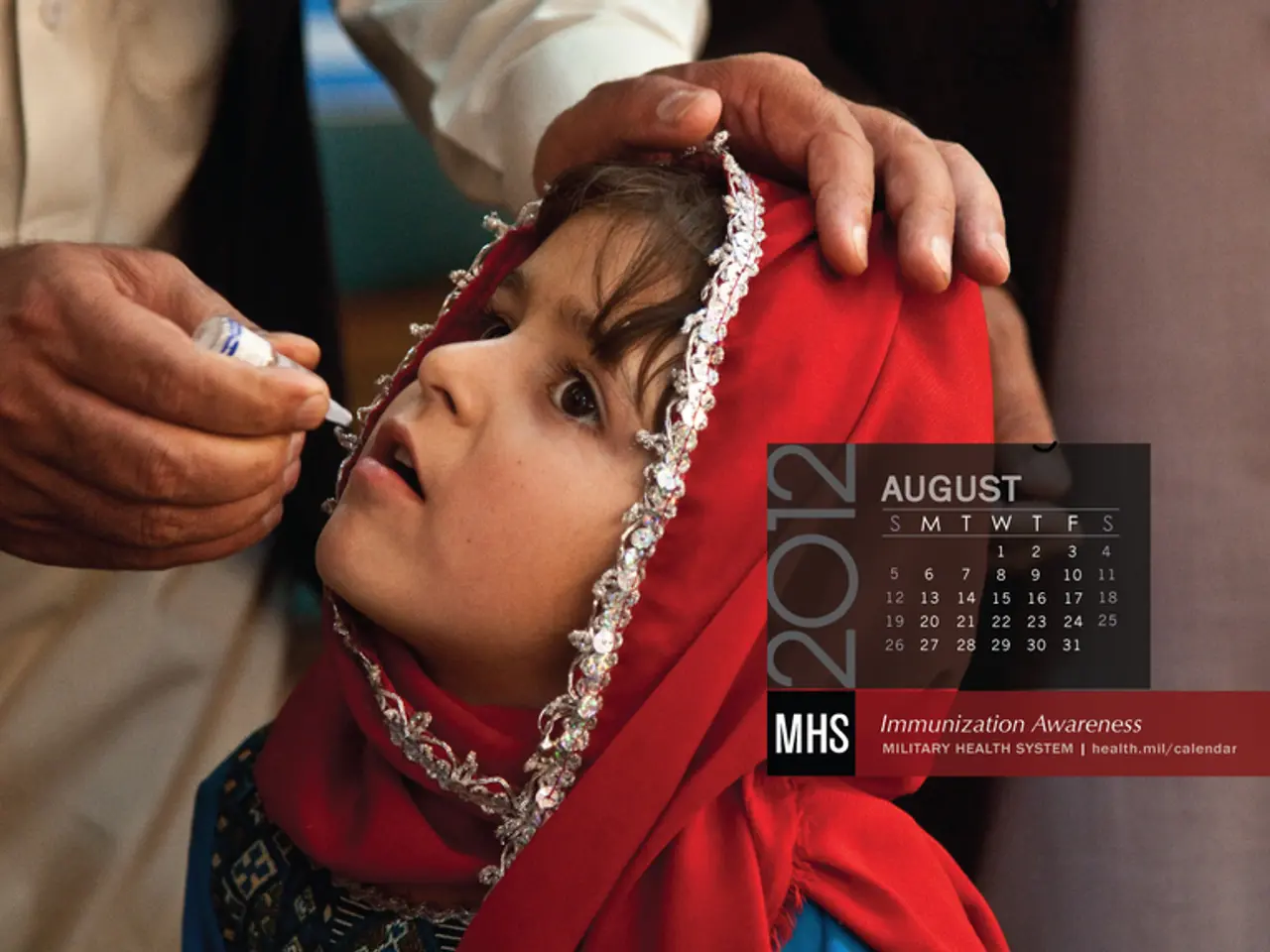Rapid identification leads to life-saving outcomes - prompt identification and intervention
In a significant stride towards health and wellness, surgeries for breast cancer have become less invasive, less extensive, and have fewer complications, thanks to advancements in medical science. These improvements have led to improved healing chances and a lower mortality rate for breast cancer, with new personalized and targeted therapy approaches using new groups of medications.
The risk of developing breast cancer increases with age. However, hormonal influences and lifestyle factors also play a significant role. Hormonal influences can increase the risk, with an increased risk associated with an early first period, late menopause, childlessness, or long-term hormone replacement therapy during menopause. Lifestyle factors such as being overweight, lack of exercise, excessive alcohol consumption, and long-term smoking can also increase the risk.
On a positive note, pregnancies and breastfeeding reduce the risk of developing breast cancer. Women with a family history of breast cancer, those with a hereditary gene mutation, and those who have already had a breast cancer diagnosis are at a higher risk.
Dr. Sonja Denjean, a renowned health professional, recommends self-examination of the breasts once a month. The optimal time for self-examination is during the first half of the menstrual cycle. If women notice anything unusual during self-examination, they should consult a doctor as soon as possible.
Insured persons can take advantage of early preventive examinations. Gynecological preventive examinations are covered from the age of 20, and breast palpation examinations are covered from the age of 30. Women between the ages of 50 and 70 are invited every two years for a mammogram as part of the screening program.
The Department of Health Promotion and Health Planning at Ludwigsburg County Administration is organizing "Cancer Prevention Weeks" from early September to mid-October 2025. The purpose of these weeks is to raise awareness about the importance of prevention and early detection, and encourage a health-promoting lifestyle.
The "Cancer Prevention Weeks" in September and October 2025 are organized by the German Cancer Aid (Deutsche Krebshilfe), the German Cancer Research Center (Deutsches Krebsforschungszentrum), and the German Cancer Society (Deutsche Krebsgesellschaft). For more information on the events and actions offered during these weeks, visit www.krebspraeventionswoche.de.
Dr. Denjean also states that the prognosis for early or precancerous stage breast cancer is very good, with a near 100% recovery rate. Therefore, it is crucial to stay vigilant, perform regular self-examinations, and seek medical advice promptly if anything unusual is detected. Let's join hands in the fight against breast cancer during the "Cancer Prevention Weeks" and work towards a healthier future.
Read also:
- Peptide YY (PYY): Exploring its Role in Appetite Suppression, Intestinal Health, and Cognitive Links
- Toddler Health: Rotavirus Signs, Origins, and Potential Complications
- Digestive issues and heart discomfort: Root causes and associated health conditions
- House Infernos: Deadly Hazards Surpassing the Flames








